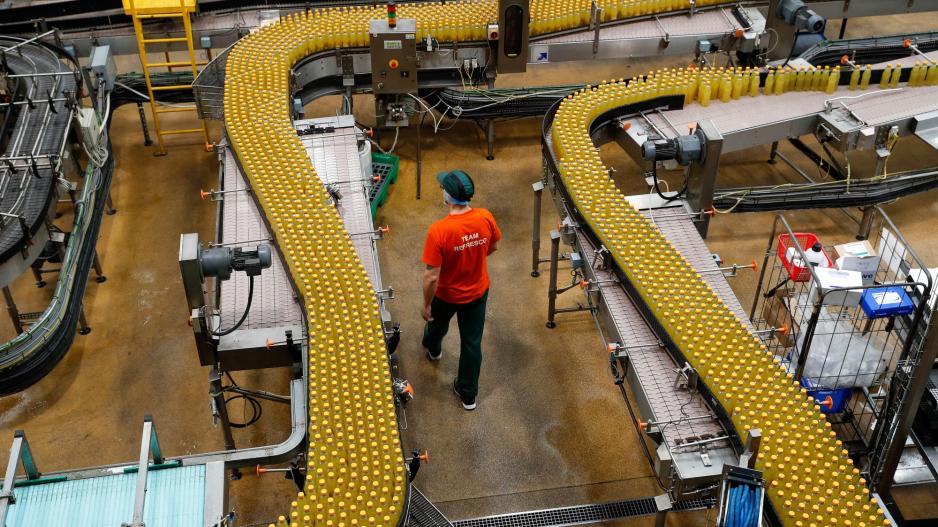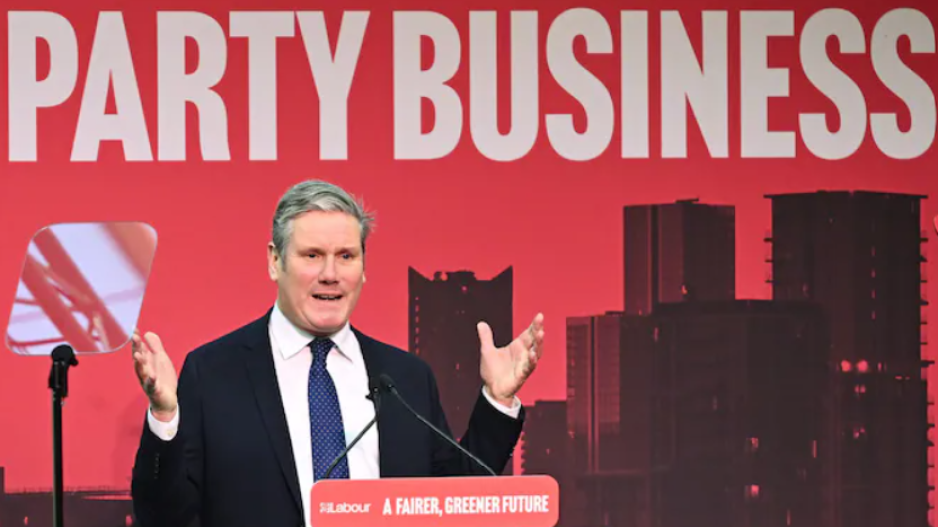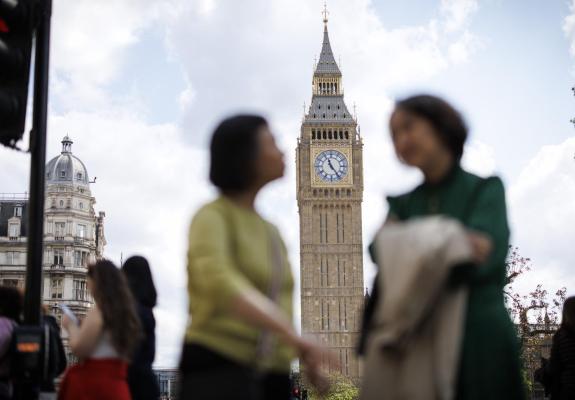What Businesses Can Expect from a Labour Government in Britain
Labour Party Poised for Election Victory in July
The strong results of the Labour Party in the recent regional elections on May 2 reinforce the predictions of polls and electoral models: Labour is poised to win the general elections on July 4 with a significant parliamentary majority.
The transformation of Labour's political fortunes since the last elections has been accompanied by a notable shift towards engaging with the business community. Gone is Jeremy Corbyn and his plans for nationalization, replaced by Labour leader Keir Starmer and Shadow Chancellor Rachel Reeves' "smoked salmon charm offensive," as noted by The Economist.
Business leaders are eager to listen. "It’s easier to get tickets for Taylor Swift’s opening night at Wembley next month than for Labour’s ‘Business Day’ at a Liverpool conference center," comments the British magazine.
Business leaders see the political winds shifting. But there's more to it, says The Economist. Polls involving business executives reveal a preference for Labour over the Conservatives, aiming to forge a new "deal" with Labour.
Labour promises to restore key governance principles often neglected by the Tories: political stability, predictable policy-making, and supply-side reform. In return, it seeks corporate agreement on changes to the labor market.
Much is at stake for both Labour and Britain to get this deal right. The country faces weak growth, high inflation, and strained public finances.
The economy needs a boost—from both the public and private sectors. Starmer prioritizes growth, even above traditional Labour goals like wealth redistribution or public services, recognizing growth as essential to achieving these aims.
Since the 2019 elections, Britain has seen three prime ministers, five chancellors, and seven Treasury secretaries. Labour vows to end the political instability and uncertainty detrimental to investment.

Labour also aims for a large, resilient parliamentary majority, promising to freeze corporate tax for five years and maintain some sensible Tory reforms incentivizing business investment and job creation.
It commits to a more constructive relationship with the European Union, without reopening the Brexit issue.
While these policies may appeal to investors, businesses still have concerns about Labour, according to The Economist.
The main concern is Labour's interventionist instincts. Influenced by Biden's administration, Labour is skeptical of "hyper-globalization," enthusiastic about industrial policy, and embraces terms like "economic security." However, a mid-sized economy can't mimic a superpower's industrial policy.
Labour must clarify how it plans to "revive" the deindustrialized "red wall" that voted Conservative in 2019 but now seems likely to support Labour, as indicated by polls.
Attention will also focus on Labour's planned labor market changes. In 2022, Labour revealed an extensive list of proposed labor law reforms, though ensuring the enforcement of existing laws should be a priority.
The Economist notes that hundreds of thousands of people earn less than the national minimum wage each year, yet fewer than 20 employers were prosecuted between 2007 and 2021.
Labour plans additional reforms, such as granting full rights to workers from day one (instead of after two years), overhauling employment tribunals, and redefining legal terms for "worker." Strengthening worker rights is as important to Labour as mending relations with businesses. On one hand, "smoked salmon," on the other, red roses.






